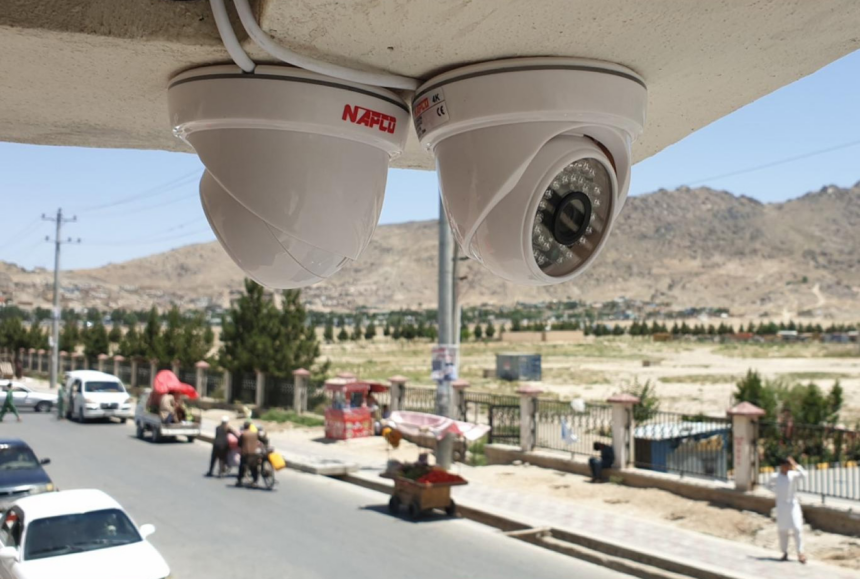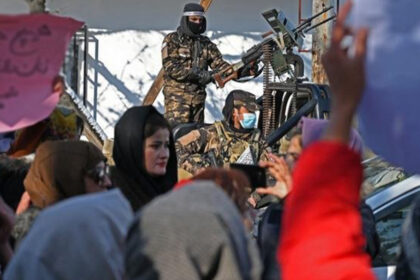RASC News Agency: In recent months, the Taliban has installed more than 90,000 high-definition surveillance cameras across Kabul, a move that has triggered widespread concern over mass surveillance, erosion of privacy, and the misuse of state power. Though officially framed as part of a public security initiative aimed at combating crime and ensuring urban safety, the scale and implementation of this monitoring network have provoked serious unease among the city’s residents. RASC correspondents conducted a series of field interviews across Kabul to capture public sentiment. The findings reveal a city gripped by anxiety, mistrust, and a growing sense that the surveillance campaign is more about control than protection.
Fatima, a resident of western Kabul, reflected on how daily life has been affected:
“We used to feel safe on the streets and even within the sanctity of our own homes. But now, knowing these cameras might be watching or recording us at all times, we’ve lost that comfort. There’s no privacy anymore. The feeling of being constantly monitored is suffocating.” Dawood, a 45-year-old resident from one of Kabul’s busiest districts, voiced similar concerns:
“There was a time when I could walk to the market or meet neighbors without a second thought. Now, I feel as if I’m being followed by invisible eyes. These cameras have taken away our freedom to live normally.”
Beyond invading privacy, residents report an increase in arbitrary detentions and aggressive security encounters. Ahmad, who lives near a high-surveillance zone, recounted an alarming episode:
“A few days ago, I was standing briefly in a street covered by cameras. Soon after, Taliban forces approached and questioned me. They said I was captured on camera and demanded to know why I was there. It was terrifying there’s no legal recourse or space to question such actions.”
Jamshid, another witness, shared an incident involving his friend:
“One of my friends was beaten by Taliban forces merely for standing in a camera-monitored area. They told him he was under surveillance and fined him. It was unjust, cruel, and a clear violation of his rights.”
The psychological toll of living under constant surveillance is especially heavy on women, youth, and families. Nasrin, a mother of three, described the growing sense of paranoia:
“We used to gather in our alleyways, talk, laugh. That’s gone now. We’re afraid of being recorded, misunderstood, and punished. These cameras don’t make us feel safe they make us feel trapped.” According to local activists, this network of surveillance does little to improve public safety and instead reinforces political oppression. One civil society advocate, who spoke on condition of anonymity, said:
“This isn’t about public security. It’s about controlling behavior, suppressing dissent, and silencing people. These cameras are tools of repression, not protection.”
The deployment of over 90,000 surveillance cameras across Kabul marks a dramatic shift in the city’s daily life. Instead of fostering peace and security, this Orwellian surveillance regime has bred fear, curtailed civil liberties, and deepened public mistrust. Many residents now live under the shadow of constant observation where every movement, word, or expression could be scrutinized and penalized.






